As a student, juggling classes, assignments, exams, and social life is exhausting. But if you're feeling constantly drained, sore, or unmotivated, the problem might not be your workload—it could be how you're recovering. Recovery isn’t just about sleep; it’s about how well your body and mind reset between physical and mental stress. Unfortunately, many students unknowingly sabotage their recovery with simple but costly habits.
Recovery supports cognitive function, physical performance, immune health, and emotional stability. For students, this means better focus, reduced injury risk, improved memory retention, and higher energy levels. Core strength and balance—both physical and mental—are essential foundations. When recovery fails, so does performance.
Rushing from the gym or sports practice straight to the library prevents your body from transitioning out of high-stress mode. Skipping cool-downs increases muscle stiffness and delays recovery.
Solution: Spend 5–10 minutes stretching major muscle groups or doing light yoga. Focus on core and balance poses like child’s pose or tree pose to reset your nervous system.
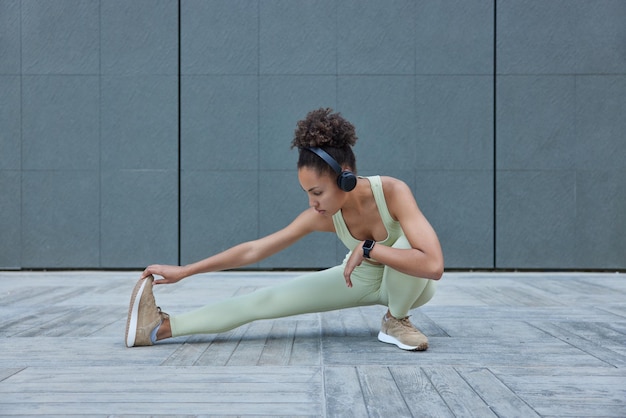
A weak core affects posture, breathing, and movement efficiency. This leads to fatigue and increases injury risk during physical activity or long study sessions.
Solution: Add 10 minutes of core work 3x/week. Try planks, bird-dogs, or dead bugs. Use a fitness tracker to log consistency.
Staying up late to study or scrolling before bed disrupts sleep quality. Deep sleep is when your body repairs tissues and consolidates memory.
Solution: Set a consistent bedtime. Use apps like Sleep Cycle or built-in phone features to track sleep duration and quality. Avoid screens 30–60 minutes before bed.
Dehydration slows recovery, reduces concentration, and causes fatigue. Many students rely on caffeine but forget water.
Solution: Carry a reusable water bottle. Aim for 1.5–2 liters daily. Track intake with apps like Waterllama or MyFitnessPal.
More isn’t always better. Pushing too hard without rest leads to burnout, weakened immunity, and mental fatigue.
Solution: Schedule at least one full rest day per week. Use active recovery—like walking or gentle yoga—on other days to promote blood flow without strain.
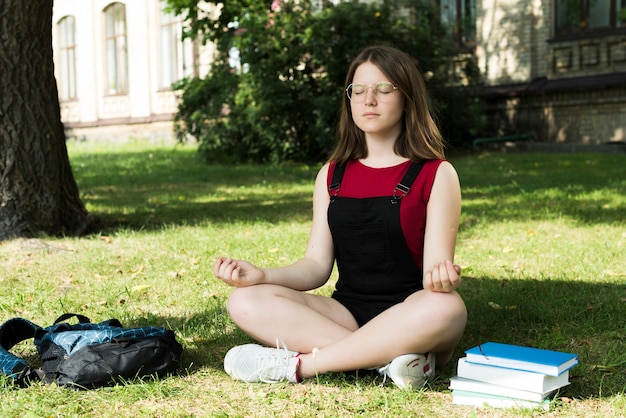
Stress from exams or deadlines taxes your nervous system. Without mental recovery, physical recovery suffers too.
Solution: Practice mindfulness or deep breathing for 5–10 minutes daily. Use apps like Headspace or Insight Timer. Track mood and stress levels weekly in a journal.
Skipping meals or eating junk food late at night impairs muscle repair and energy balance.
Solution: Eat balanced meals with protein, complex carbs, and healthy fats. Aim to eat within 60–90 minutes post-exercise. Use MyFitnessPal to log meals and stay accountable.
Slouching over a laptop strains your back, weakens core engagement, and reduces lung capacity—slowing recovery.
Solution: Set up an ergonomic workspace. Take a posture break every 30 minutes. Try seated balance exercises like pelvic tilts or seated marches.
If you’re not measuring recovery, you can’t improve it. Many students assume they’re recovering well—until they crash.
Solution: Track sleep, mood, energy, and workout performance weekly. Use a simple spreadsheet or habit tracker app. Look for patterns—like low energy after poor sleep.
Motivation fades. Without cues, recovery habits fall apart.
Solution: Create visual reminders: a sticky note on your desk, a phone wallpaper, or a recovery checklist. Pair habits—like stretching after brushing your teeth—to build consistency.
Start small. Pick 2–3 mistakes to fix first. Use tracking to stay accountable. Focus on building core strength and balance—both physically and mentally. Recovery isn’t a luxury; it’s the foundation of peak performance.
Recovery isn’t passive. It’s an active, daily commitment. Fix these 10 mistakes, track your progress, and watch your energy, focus, and resilience soar.

Wellness

Wellness

Wellness

Wellness

Fitness
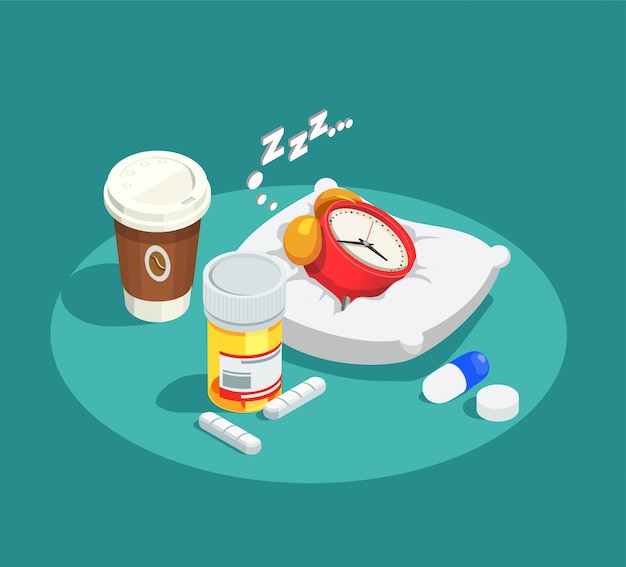
Health
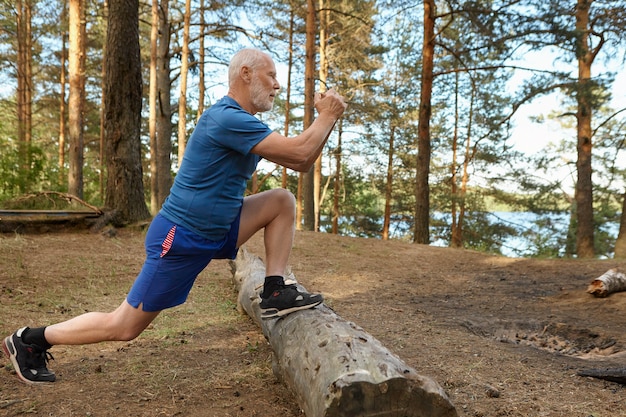
Fitness
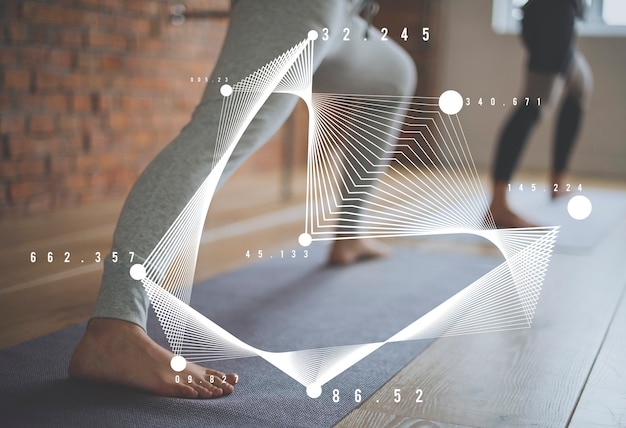
Fitness

Fitness

Wellness
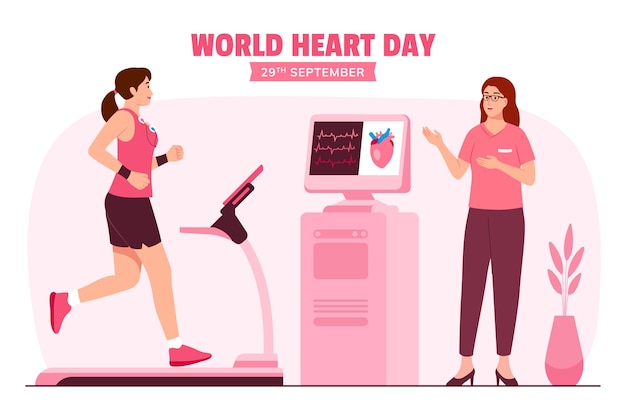
Wellness

Fitness

Health

Fitness

Health

Health